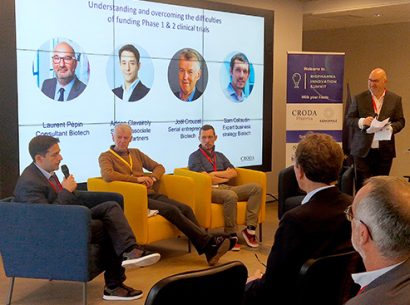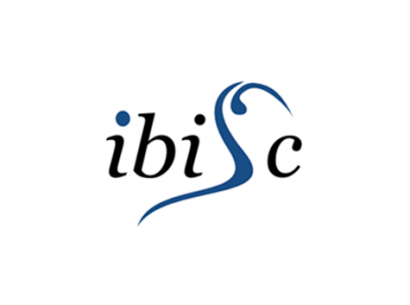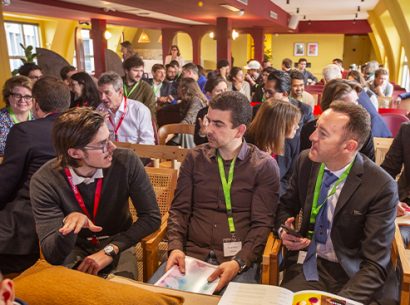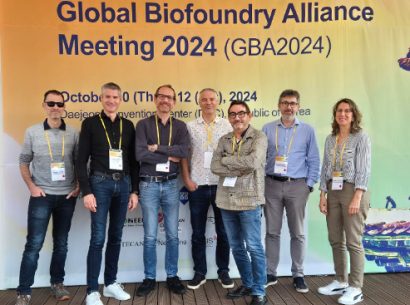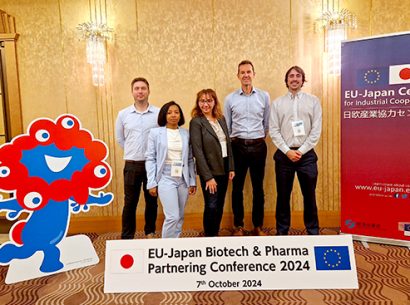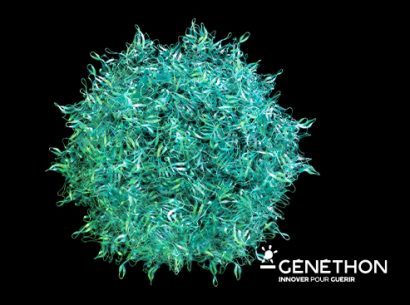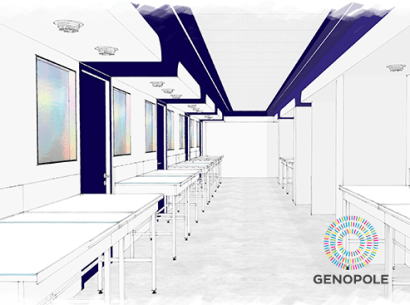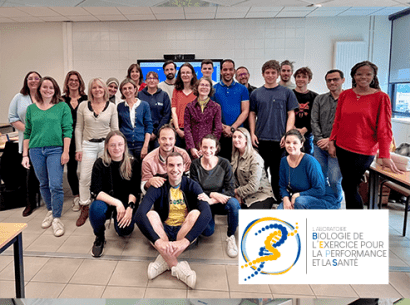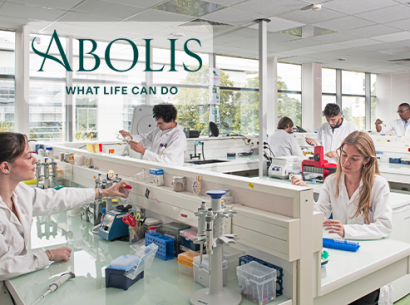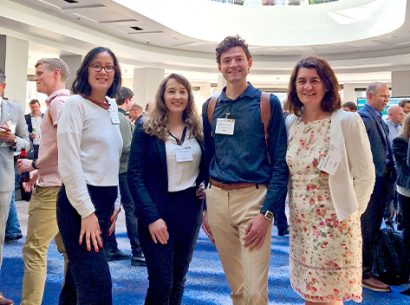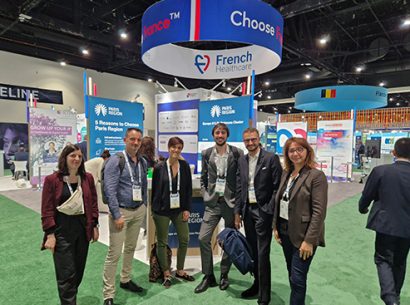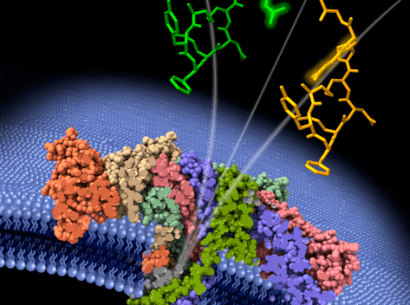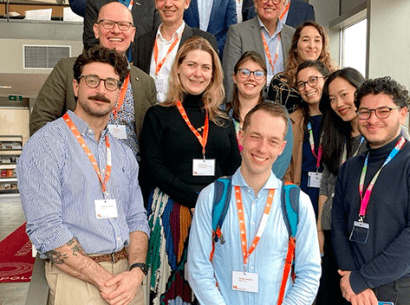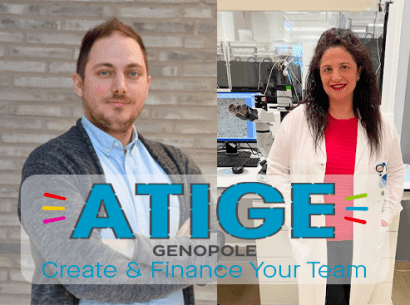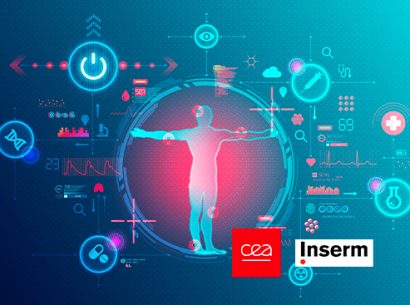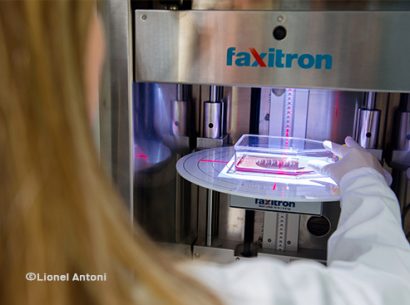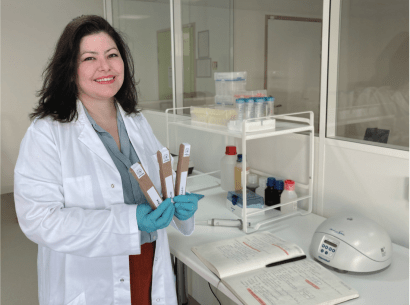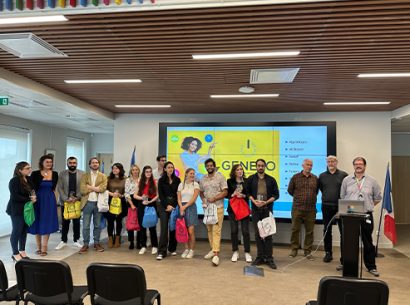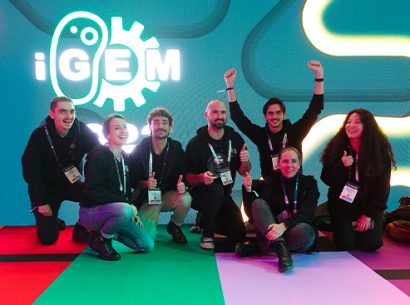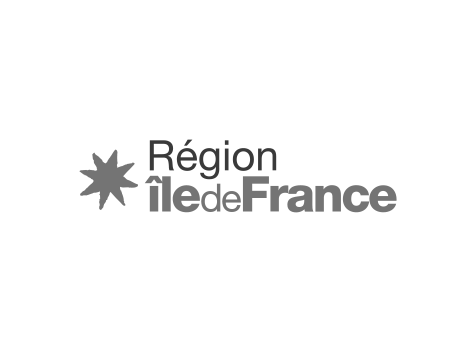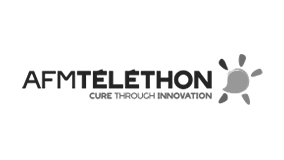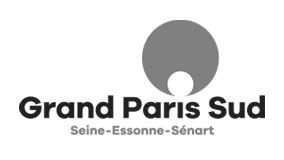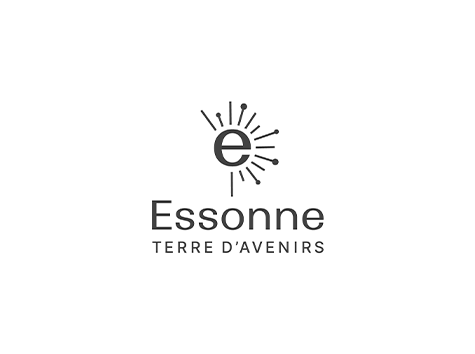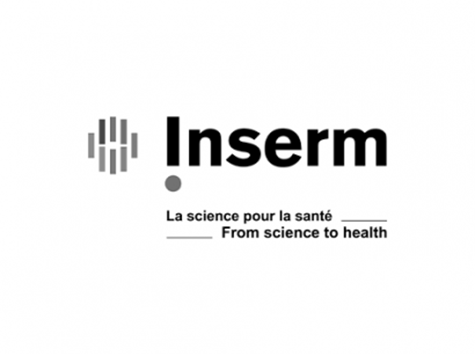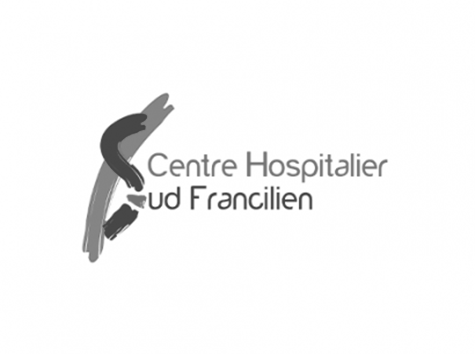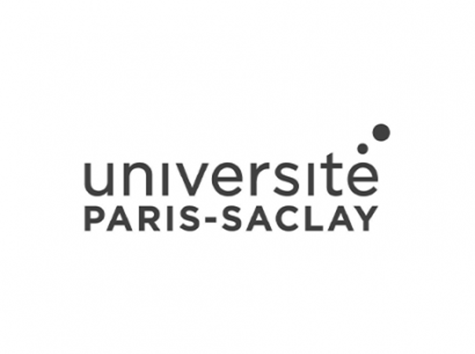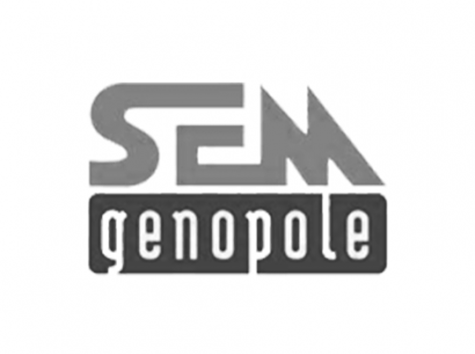With their research partners from the Universities of Grenoble and Paris in France, and the National Center for Environmental Health and the Harvard T.H. Chan School of Public Health in the United States, the team performed its study on 202 pregnant women in the EDEN cohort and published its unprecedented results in the February 2022 edition of Environment International. The women’s exposure to phthalates was evaluated via the concentration of 11 phthalate-derived metabolites in urine samples collected between 22 and 29 weeks of pregnancy. After birth, the team studied the methylation modifications in the DNA of placental tissue. DNA Methylation (the addition of a methyl group on DNA) is the most-widely studied epigenetic* modification. Increased methylation typically represses the expression of the concerned gene. Beyond being brought about by certain pathologies, methylation modifications can also result from exposure to environmental factors such as cigarette smoke, atmospheric pollution or chemical products, among others.
The women’s exposure to phthalates was evaluated via the concentration of 11 phthalate-derived metabolites in urine samples collected between 22 and 29 weeks of pregnancy. After birth, the team studied the methylation modifications in the DNA of placental tissue. DNA Methylation (the addition of a methyl group on DNA) is the most-widely studied epigenetic* modification. Increased methylation typically represses the expression of the concerned gene. Beyond being brought about by certain pathologies, methylation modifications can also result from exposure to environmental factors such as cigarette smoke, atmospheric pollution or chemical products, among others.






